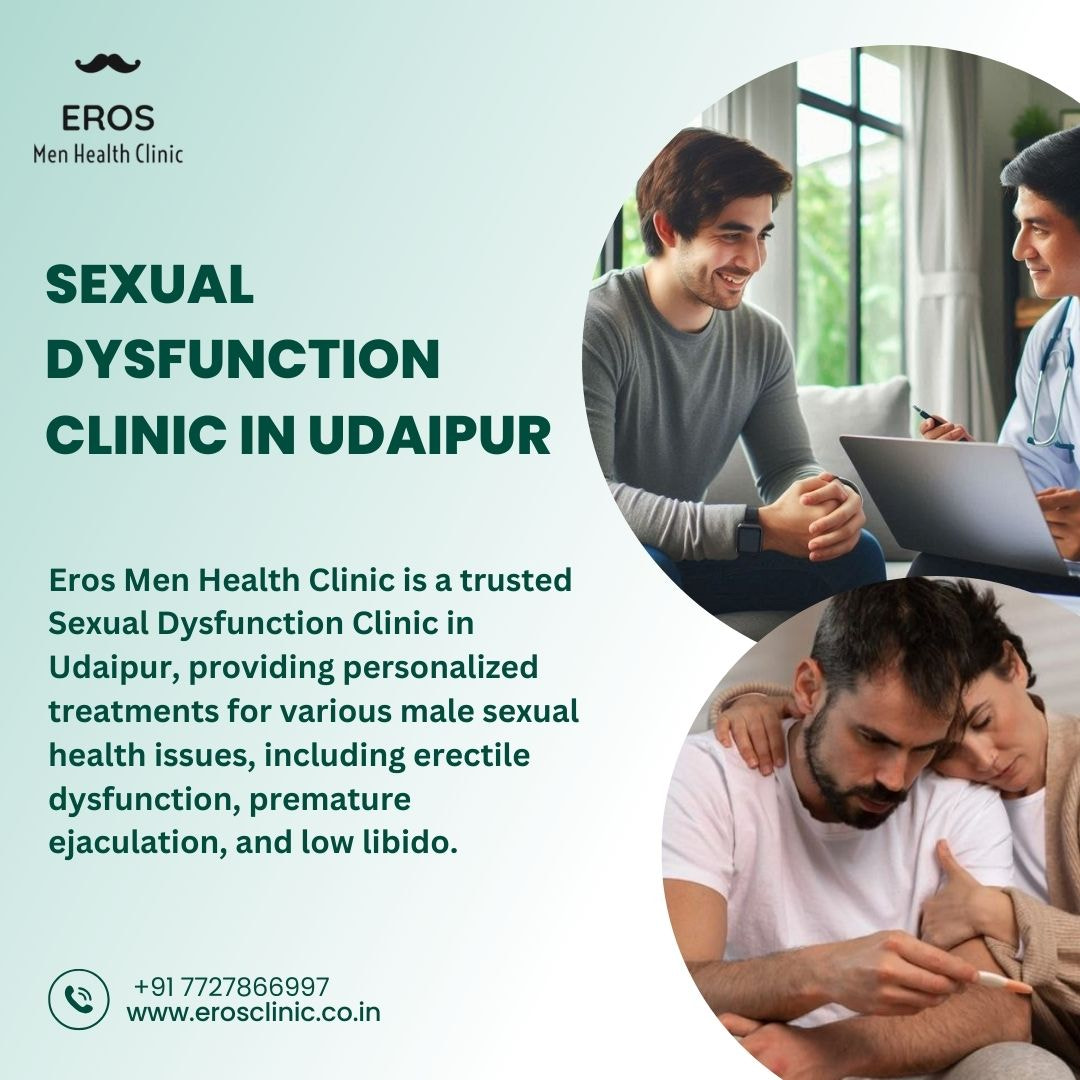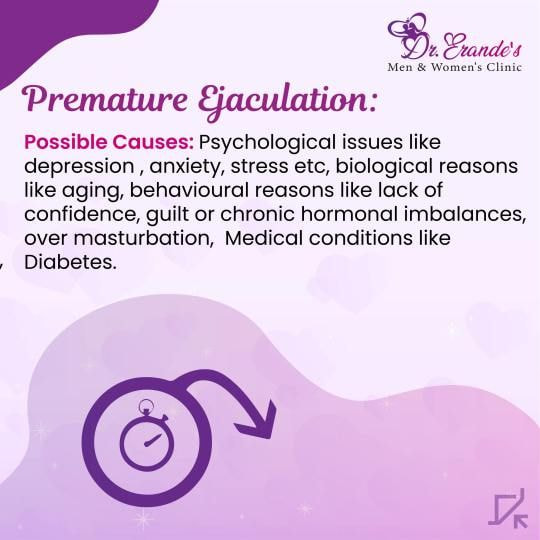shannanpitts7
About shannanpitts7
Exploring the Efficacy of Treatment Choices For Eating Disorders: An Observational Examine
Eating disorders (EDs) symbolize a posh and multifaceted group of psychological well being conditions that require comprehensive treatment approaches. This observational research article goals to study the various treatment modalities for eating disorders, their efficacy, and the experiences of people undergoing these treatments. By analyzing qualitative data collected from patients, healthcare suppliers, and help groups, this examine supplies insights into the present panorama of consuming disorder treatment.
Eating disorders, together with anorexia nervosa, bulimia nervosa, and binge-eating disorder, affect tens of millions of people worldwide. The prevalence of these disorders has been rising, notably amongst adolescents and younger adults. If you loved this post and you would like to acquire far more details regarding Erectiledysfunctiontreatments.online kindly check out our own web page. Despite the rising consciousness of consuming disorders, many individuals stay undiagnosed or do not search treatment as a result of stigma, lack of assets, or insufficient entry to care. This underscores the significance of understanding treatment options and their effectiveness.
The treatment panorama for eating disorders is diverse, encompassing psychotherapy, nutritional counseling, medical intervention, and assist teams. Cognitive-behavioral therapy (CBT) is broadly recognized as considered one of the most effective psychotherapeutic approaches for treating eating disorders. CBT focuses on identifying and modifying adverse thought patterns and behaviors related to food, body picture, and self-value. Observations from therapy sessions reveal that patients typically experience a shift of their mindset, resulting in improved coping strategies and a healthier relationship with food.
One other prevalent therapeutic approach is dialectical habits therapy (DBT), which is particularly efficient for people with emotional dysregulation and co-occurring psychological well being issues. DBT emphasizes mindfulness, distress tolerance, and emotional regulation, serving to patients manage the intense feelings that always accompany eating disorders. Interviews with patients undergoing DBT indicate that this therapy fosters a way of community and support, which is essential for restoration.
Nutritional counseling plays an important position in the treatment of eating disorders, as it offers patients with the information and expertise needed to determine a balanced relationship with meals. Registered dietitians work carefully with patients to develop individualized meal plans and educate them about nutrition. Observations during counseling periods highlight the importance of addressing underlying beliefs about food and physique picture. Patients usually report feeling empowered by way of schooling, which aids in their recovery journey.
Medical intervention can also be a crucial component of consuming disorder treatment, notably for people with extreme malnutrition or medical complications. Healthcare providers carefully monitor patients’ bodily health, addressing issues reminiscent of electrolyte imbalances and cardiovascular issues. Observational knowledge from medical settings point out that early intervention can significantly improve outcomes for patients with consuming disorders. Common health assessments and collaboration amongst healthcare providers guarantee a holistic approach to treatment.
Assist groups, both in-particular person and online, present a worthwhile platform for individuals with consuming disorders to share their experiences and connect with others facing comparable challenges. These groups foster a way of belonging and cut back feelings of isolation. Observations of group dynamics reveal that participants often gain energy from listening to others’ tales and sharing their own struggles. Many individuals report that assist teams have been instrumental in their restoration, providing encouragement and accountability.
Despite the varied treatment choices available, challenges persist in the sphere of eating disorder treatment. Stigma surrounding psychological well being and consuming disorders can deter people from in search of assist. Observations reveal that many patients feel ashamed or embarrassed about their struggles, which may hinder their willingness to interact in treatment. Additionally, access to care remains a major barrier, significantly in underserved communities the place specialized treatment amenities may be scarce.
The position of family help within the treatment of consuming disorders can’t be understated. Family-based mostly therapy (FBT) is an evidence-based method that involves dad and mom within the treatment process, notably for adolescents. Observations of household therapy periods point out that involving relations can lead to improved communication, understanding, and help for the patient. Households often report feeling more outfitted to assist their loved ones navigate recovery, which is crucial for lengthy-term success.
The integration of expertise into eating disorder treatment has additionally gained traction in recent times. Telehealth providers and cell applications present patients with entry to therapy and support sources from the consolation of their houses. Observational data point out that many individuals recognize the flexibility and comfort of telehealth, notably those who could have difficulty attending in-person sessions because of geographical or logistical constraints. However, it is essential to ensure that these digital platforms are safe and supply ample support.
In conclusion, the treatment of consuming disorders is a dynamic and evolving field that requires a multifaceted approach. This observational study highlights the efficacy of various treatment modalities, including psychotherapy, nutritional counseling, medical intervention, and help groups. While vital progress has been made in understanding and addressing consuming disorders, challenges stay when it comes to stigma, access to care, and the need for ongoing assist. Continued research and advocacy are essential to enhance treatment outcomes and make sure that people with consuming disorders receive the comprehensive care they deserve. By fostering a larger understanding of these situations and promoting a culture of acceptance and support, we may help individuals on their journey to recovery.
No listing found.


